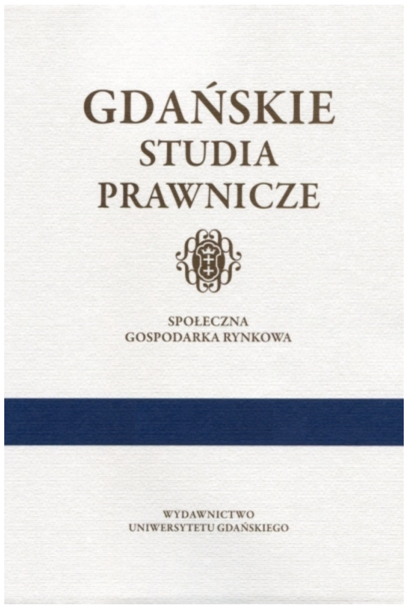O mandacie przedstawicielskim w aspekcie politycznym
On the mandate of representatives in the political context
Author(s): Wiesław KralukSubject(s): Government/Political systems, Electoral systems
Published by: Wydawnictwo Uniwersytetu Gdańskiego
Keywords: mandate; political context; Poland;
Summary/Abstract: The main purpose of the article is to point out the dissonance between the concept of a free mandate, derived from the classical theory of representation and its political aspect - the fact that contemporary political representation is bases on political parties. The Author also identifies the consequences of this state of affairs for consistency doctrinal clarity of the concept of the mandate and its implementation. This problem has been referenced to the characteristic features of a free mandate and the functions of political parties. The Author indicates in what way the features of the free mandate, particularly its universal and independent character, modify this concept of mandate. It is pointed out that when it comes to the universalism of the free mandate, the current sovereign entity should be perceived in the context of the principle of political pluralism. The consequence of this is the assumption that a single representative can only represent ,,his/her” voters and the general will of different social groups is expressed by representative authorities — the Sejm and the Senate. Bearing in mind the independence of the representative mandate adopted in the Polish Constitution the Author highlights the limitations resulting from the role which political parties and parliamentary clubs serve in the representation process. The issue of party and club discipline is treated separately, in accordance with the opinions expressed in the doctrine that voting discipline is necessary due to the efficiency of the parliamentary-cabinet mechanism of loyalty to the voters. The Author also points out that the abuse of this discipline reduces significantly the level of debate within the party and within the parliament. He underlines the leading and crucial role of political parties in the process of representation and their impact on the performance of representatives’ duties as well as draws attention to some aspects of the electoral and governance functions of political parties as the ,,democratic procedures of governance”. The Author concludes that the legal regulation of the political aspects of the representative mandate referred to in the Constitution can be characterized by extraordinary self-restraint and modesty, inadequate to the role of political parties in the process of representation.
Journal: Gdańskie Studia Prawnicze
- Issue Year: 2014
- Issue No: XXXI
- Page Range: 853-869
- Page Count: 17
- Language: Polish

